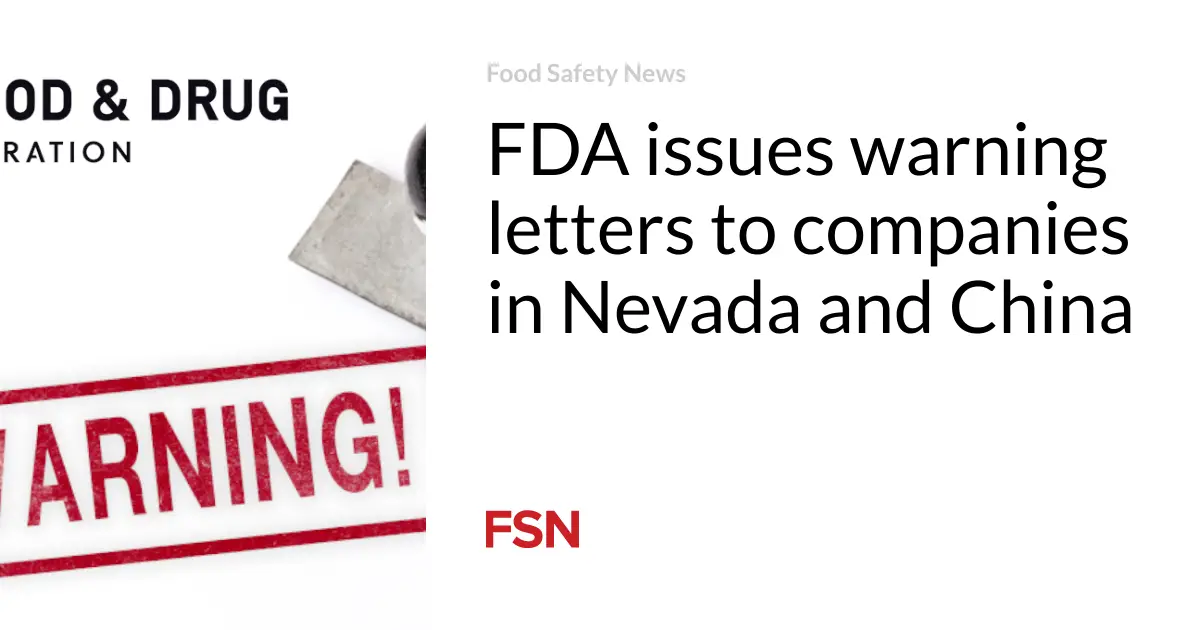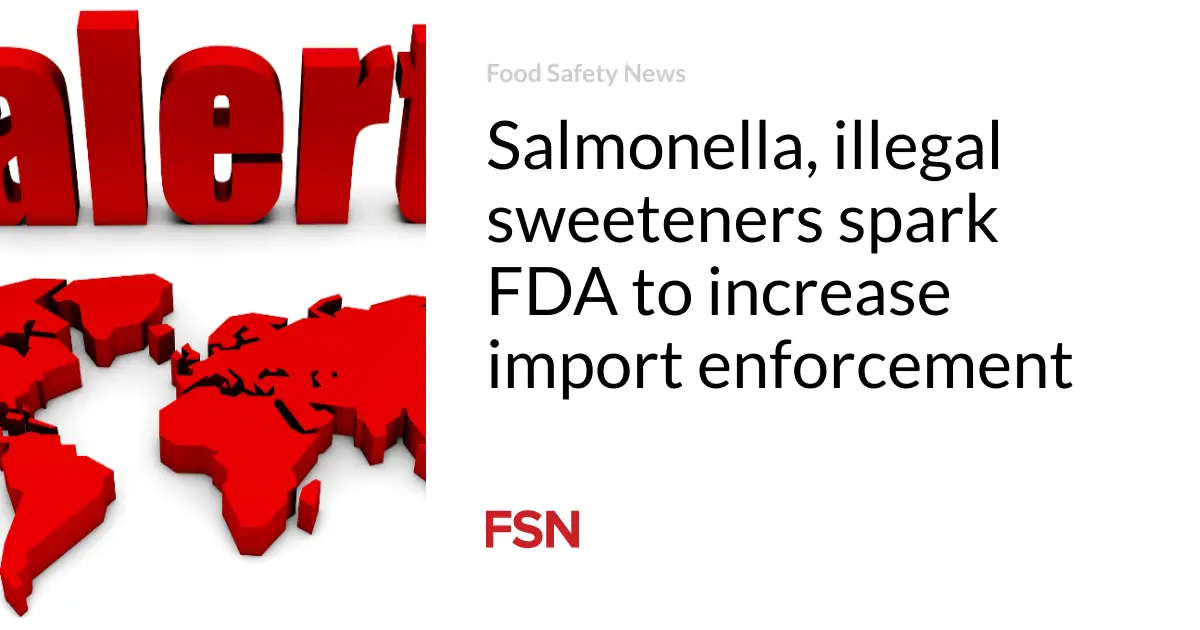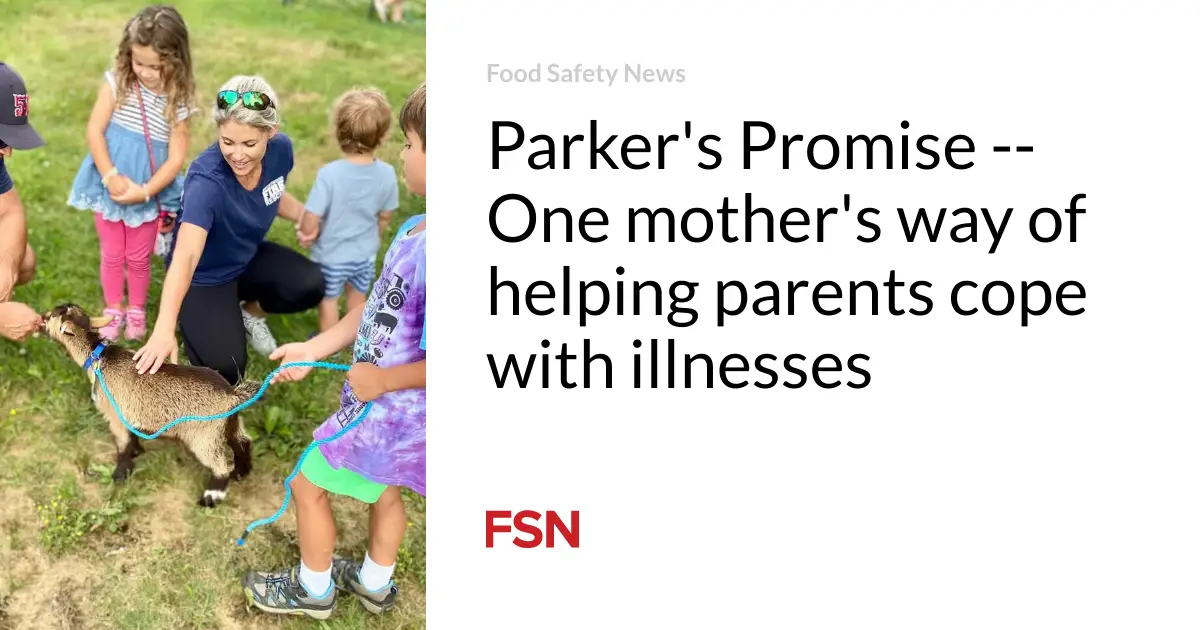
The Food and Drug Administration sends warning letters to entities under its jurisdiction as part of its enforcement activities. Some letters are not posted for public view until weeks or months after they are sent. Business owners have 15 days to respond to FDA warning letters. Warning letters often are not issued until a company has been given months to years to correct problems.
High Quality Organics Inc.
Reno, NV
The U.S. Food and Drug Administration (FDA) has issued a warning letter to High Quality Organics Inc. for serious violations of the Current Good Manufacturing Practice, Hazard Analysis, and Risk-Based Preventive Controls for Human Food regulation (CGMP & PC rule). The letter, dated July 8, 2024, describes inspections conducted from Nov. 27 through Dec. 7, 2023, and Jan. 3-4, 2024, at the company’s ready-to-eat (RTE) spice facility located in Reno, NV.
High Quality Organics Inc. processes and packages RTE organic herbs, spices, dried fruit and peels, and dried vegetables. The FDA’s inspection revealed significant lapses in the company’s compliance with the CGMP & PC rule, which are designed to ensure that foods are produced under sanitary conditions and meet U.S. food safety standards. These violations include failing to implement a risk-based supply-chain program and not conducting a required reanalysis of the food safety plan upon receiving new information about potential hazards.
At the conclusion of the inspection, FDA investigators provided the firm with a Form FDA 483a FSVP Observations.
Key violations:
Supply-chain program:
- Inadequate risk-based supply-chain program: High Quality Organics did not implement a risk-based supply-chain program for raw materials and ingredients that require a supply-chain-applied control. The company’s program failed to verify that the parameters selected and applied by third-party providers were adequate to control the hazard of vegetative pathogens, such as Salmonella.
- Lack of documentation: The company did not maintain documentation verifying that untreated spices sent to third-party providers were treated under a validated process that ensures the destruction of Salmonella.
Failure to reanalyze food safety plan:
- New hazard information: After receiving a complaint in April 2023 about Ground Organic Parsley testing positive for the pesticide Chlorpyrifos, the company failed to conduct a reanalysis of their food safety plan to consider whether pesticides are a hazard requiring a supply-chain-applied control.
The full warning letter can be viewed here.
Hunan Gagazui Food Co. Ltd.
Hunan, China
The U.S. Food and Drug Administration (FDA) has issued a warning letter to Hunan Gagazui Food Co., Ltd. for significant violations of the Emergency Permit Control regulation and the Low Acid Canned Foods regulation (LACF). The letter, dated Feb. 9, 2024, describes inspections conducted from Nov. 20-23, 2023, at the company’s low acid canned food (LACF) facility located in Huarong County, Yueyang, Hunan, China.
Hunan Gagazui Food Co., Ltd. produces low acid canned food products intended for export to the United States. The FDA’s inspection revealed serious deviations from mandatory requirements, including processing foods at temperatures and times different from those filed with the FDA, inadequate temperature-recording devices, and lack of proper documentation for processing and production information.
At the conclusion of the inspection, FDA investigators provided the firm with a Form FDA 483a FSVP Observations.
Key violations:
Processing deviation:
- Non-conformance with scheduled process: The company processed products at different times and temperatures than those scheduled and filed with the FDA, without consulting their process authority.
Inadequate equipment:
- Lack of accurate temperature-recording devices: Neither of the company’s horizontal still water retorts was equipped with a temperature-recording device, which is essential for ensuring proper processing conditions.
Documentation issues:
- Incomplete processing records: The company’s records did not include essential information such as the product, initial temperature, temperature-indicating device readings, and appropriate processing data.
The full warning letter can be viewed here.
(To sign up for a free subscription to Food Safety News, click here.)







